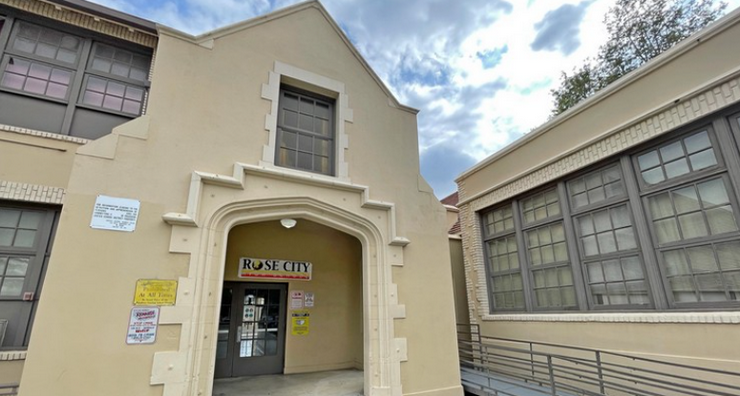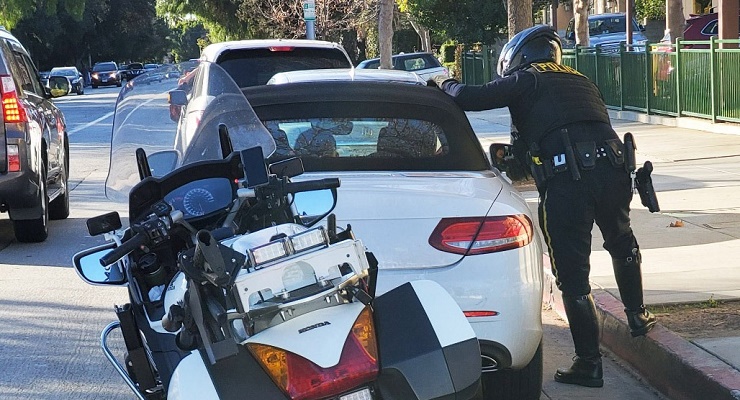Southern Californians of a certain age group have fond memories of KCET and Channel 28.
From Huell Howser to Mr. Rogers to Sesame Street to unique BBC programming, it was, long before the Internet, a place to see the unique and curious; what you could never find on regular network television. It was the main PBS member station in the area until December 31, 2010, when it ended its partnership with PBS after 40 years.
It’s now the nation’s largest independent public television station, but so much more, as KCETLink CEO Michael Riley explained to a rapt audience at the Pasadena Rotary Club’s weekly lunch meeting yesterday.
Riley, who grew up in Canada, is the fourth president and Chief Executive Officer in the organization’s history. He joined KCETLink after a sucessful tenure at the Walt Disney Company, where he was responsible for a number of pilots, including the Peabody-winning hit drama “Switched at Birth.”
“I’m only just a few years younger than KCET itself,” Riley joked.
In 2013, KCET merged with Link Media, a San Francisco-based national public television satellite network, whose reach includes 34 million households via DirecTV and Dish Network. As their website describes, Link TV’s global, progressive orientation fit strategically with KCET’s mission to serve Southern California’s diverse cultural landscape.
Riley described KCET as one of “Southern California’s most beloved institutions with a world of culturally acclaimed programming.
“We see our role as one that engages, informs and inspires,” he continued. “We do this from a unique cultural perspective, which allows us to offer a wide range of entertainment choices”
There are four major elements to KCET these days, Riley explained. There is the station itself, its LINKTV collaboration, its major television studio facilities which it also rents out for productions, ( for companies like China Central Television and Ultimate Fighting Championship ); and what it calls its “digital incubator,” where innovative programming is developed. The studio has produced nine new original programs in the last two years, said Riley.
“We think this is the golden age of television,” he said, “and we see ourselves as a ‘content engine’”.
Riley pointed to KCET’s collaborations with the LA Times, through blogs and “California Connection” as well as Artbound, which began as an online platform as examples of the new kinds of content that they are developing, along with its associations with BBC and NHK in Japan.
“There are new consumption habits today,” he explained. “A TV might no longer be the first place someone discovers a new show; in fact, most times, it’s a “digital first” situation,” Riley said.
“We want to bring content to every platform, when and how they want it,” said Riley. “It’s a 360 degree, 21st century approach. We want to connect with communities, and help everyone find their place in the story.”
The Rotary Club meets every Wednesday at the University Club in Pasadena, 175 N Oakland Ave, Pasadena, (626) 793-5157. www.pasadenarotary.com














 0 comments
0 comments



